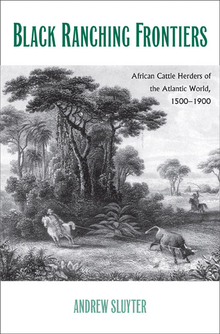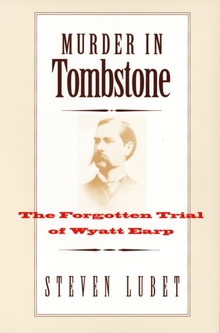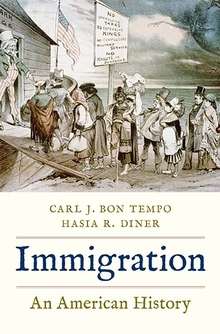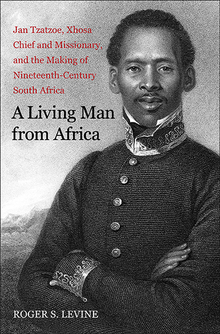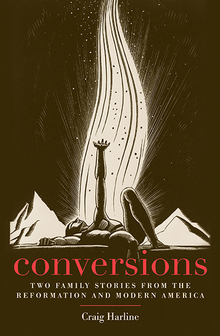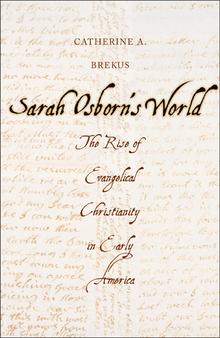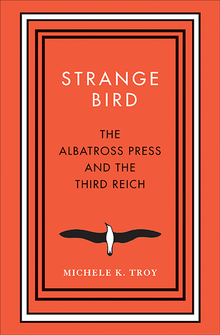Arcadian America
WARNING
You are viewing an older version of the Yalebooks website. Please visit out new website with more updated information and a better user experience: https://www.yalebooks.com
The Death and Life of an Environmental Tradition
Aaron Sachs
How a forgotten environmental tradition of the pre-Civil War era may prove powerfully useful to us now
Perhaps America's best environmental idea was not the national park but the garden cemetery, a use of space that quickly gained popularity in the mid-nineteenth century. Such spaces of repose brought key elements of the countryside into rapidly expanding cities, making nature accessible to all and serving to remind visitors of the natural cycles of life. In this unique interdisciplinary blend of historical narrative, cultural criticism, and poignant memoir, Aaron Sachs argues that American cemeteries embody a forgotten landscape tradition that has much to teach us in our current moment of environmental crisis.
Until the trauma of the Civil War, many Americans sought to shape society into what they thought of as an Arcadia—not an Eden where fruit simply fell off the tree, but a public garden that depended on an ethic of communal care, and whose sense of beauty and repose related directly to an acknowledgement of mortality and limitation. Sachs explores the notion of Arcadia in the works of nineteenth-century nature writers, novelists, painters, horticulturists, landscape architects, and city planners, and holds up for comparison the twenty-first century's—and his own—tendency toward denial of both death and environmental limits. His far-reaching insights suggest new possibilities for the environmental movement today and new ways of understanding American history.
"One of the most profound moral reflections ever penned by a historian, this immensely moving work is at times a loving paean to an unknown brother and an aging father, at times a pained reflection on the American way of death. Sachs transcends the intellectual to teach us how us how we might rediscover true hope in life—by grounding ourselves in our country’s most meaningful traditions of death."—Robert D. Johnston, author of The Radical Middle Class
“Sachs . . . pays attention to his peripheral vision to see beyond the obvious and catch the unexpected . . . . He achieves a rich and compelling emotional context by weaving the Arcadians’ stories together with his own . . . . Sachs’s accessible and engaging style . . . . retains scholarly credibility while drawing people into the discussion through emotional traction. More scholarly work should be written this way.”—Science
“From Yosemite to Yellowstone, the US national parks remain a historical touchstone for national environmentalism — but not the only one, argues Aaron Sachs. In a rich mix of history, cultural critique and memoir, Sachs reveals the cemetery as a half-forgotten nineteenth-century landscape tradition. These micro-Arcadias inspired close observation of nature in increasingly urbanized spaces, as well as contemplation of mortality and the sublime.”—Nature
“The book is an appeal for environmental awareness, an appreciation of landscapes, an analysis of American writings about nature and design, a review of 19th century American history and, most strikingly, a personal memoir as its author deals with very basic matters of life and death.”—WSKG, “Off the Page”
Publication Date: March 25, 2014
54 b/w illus.


